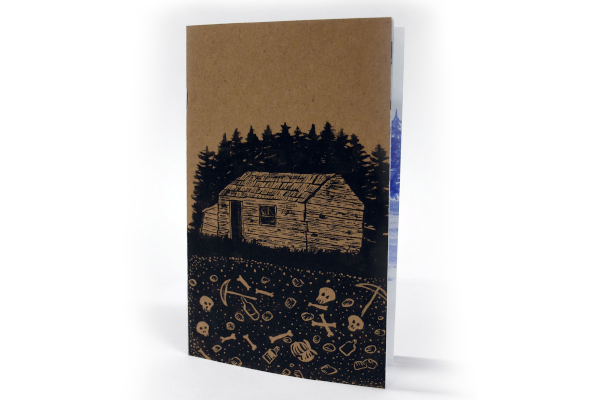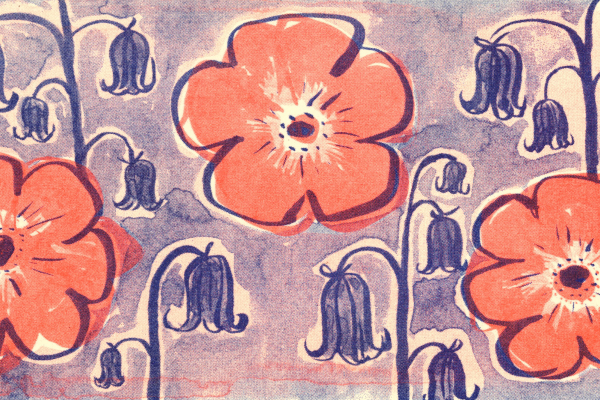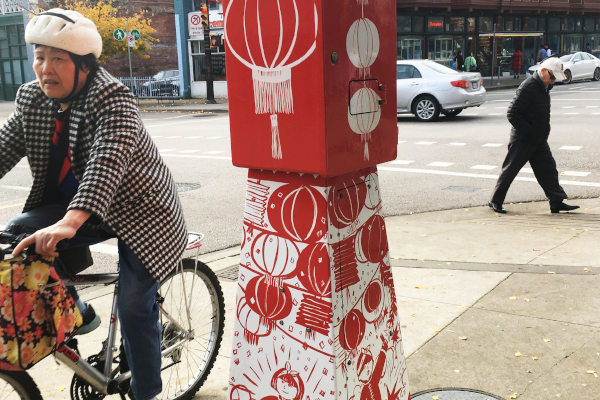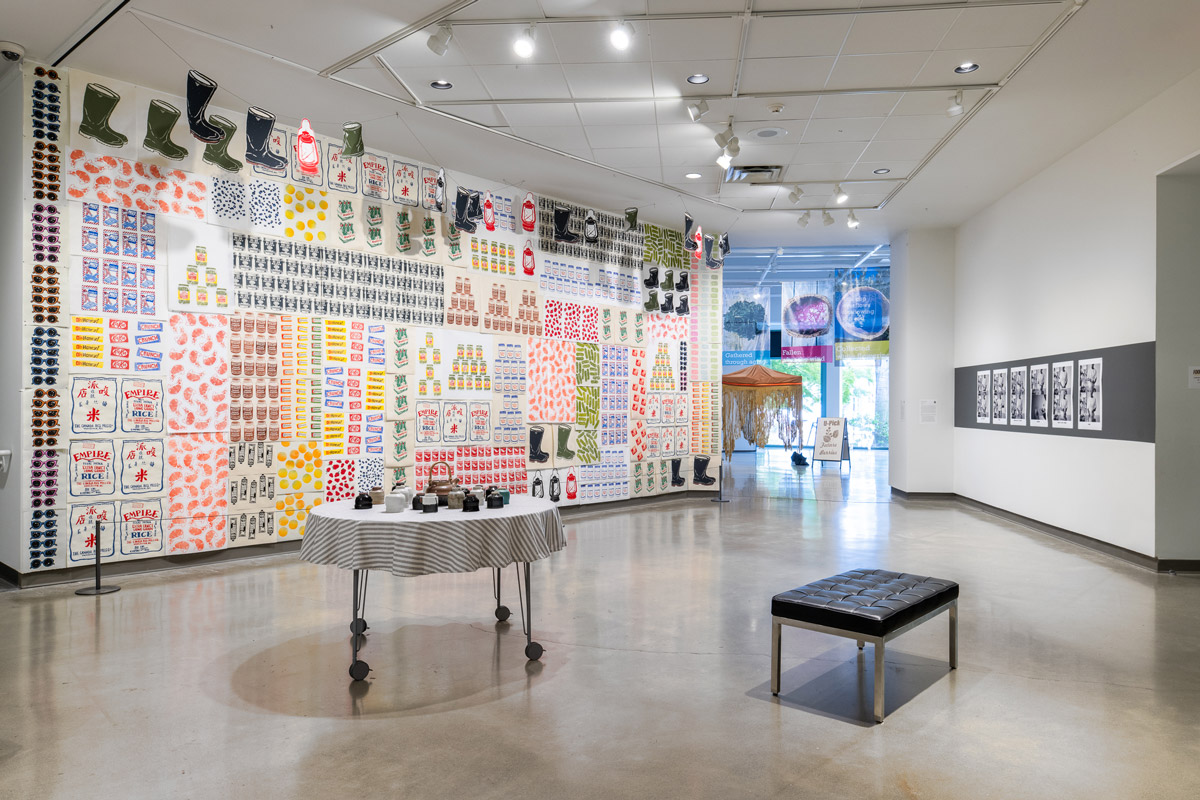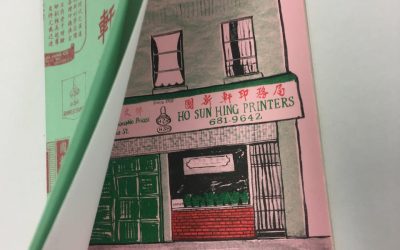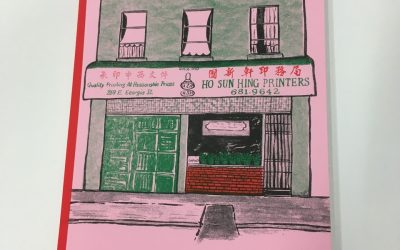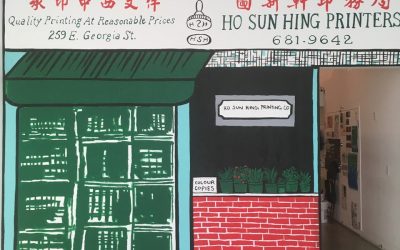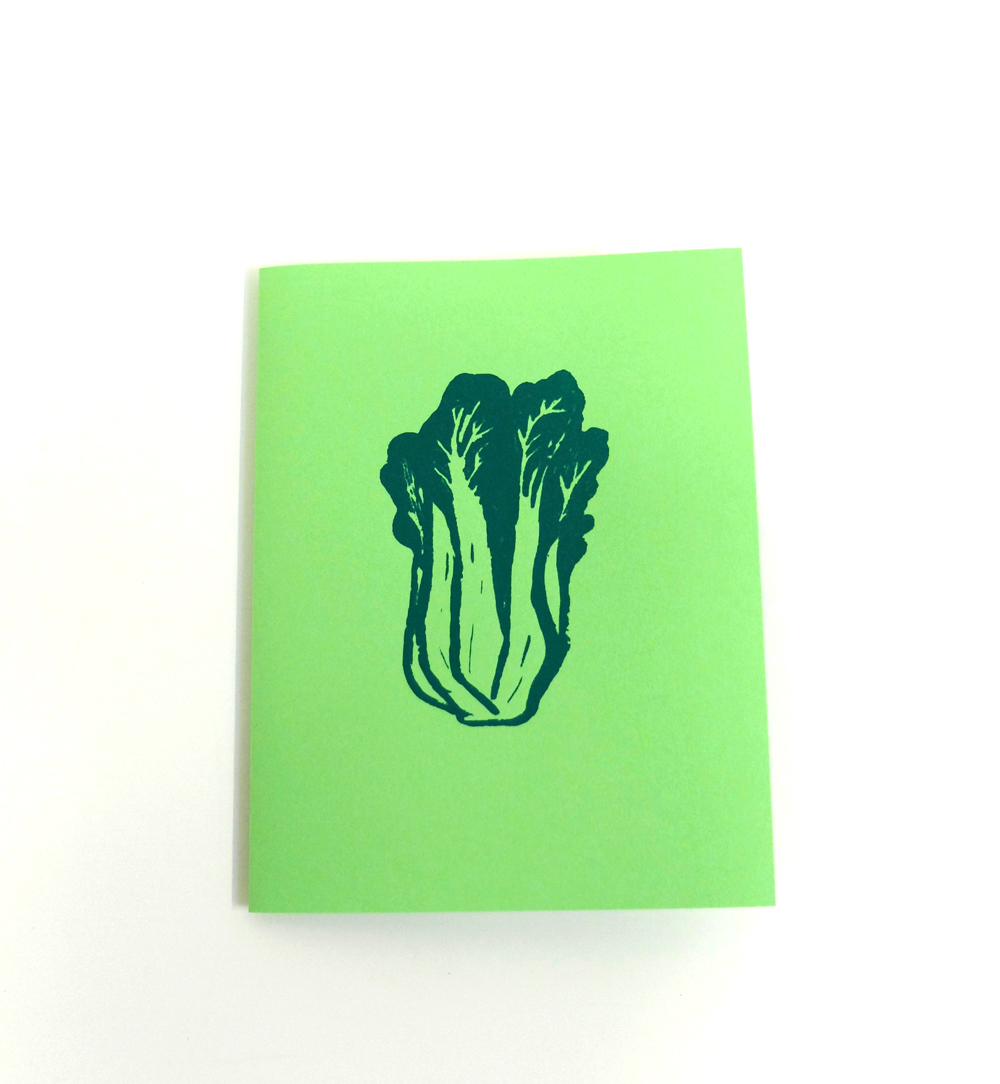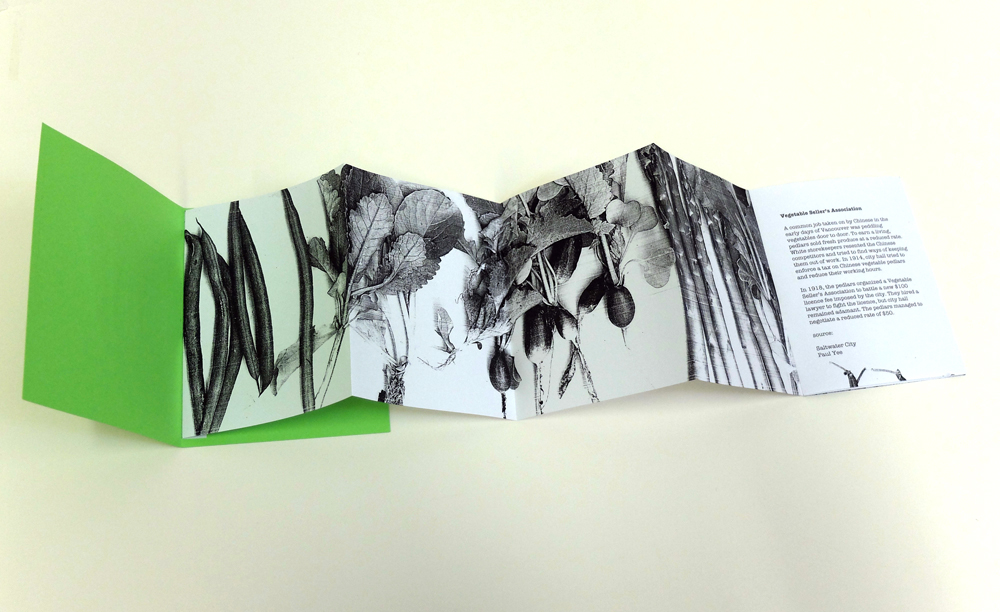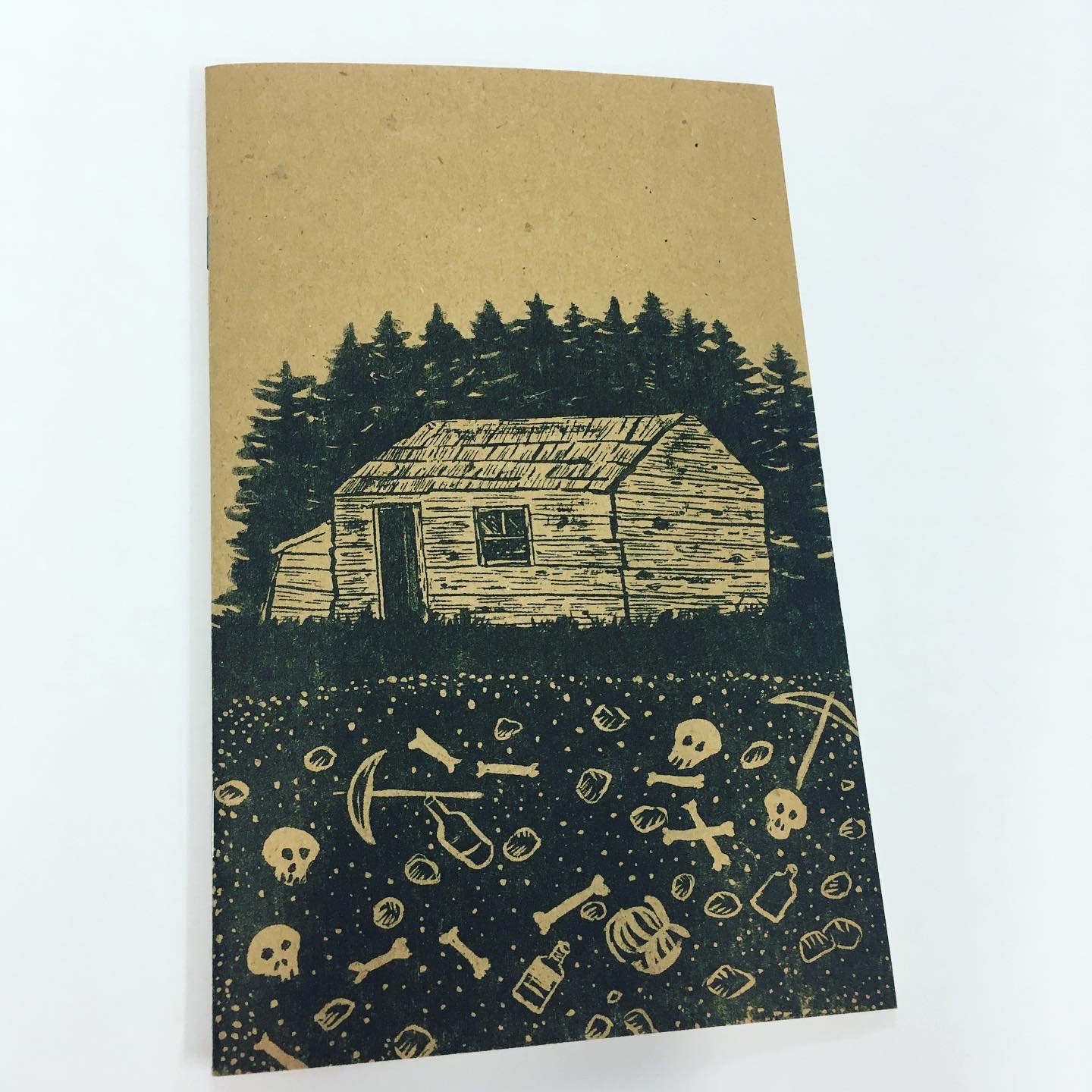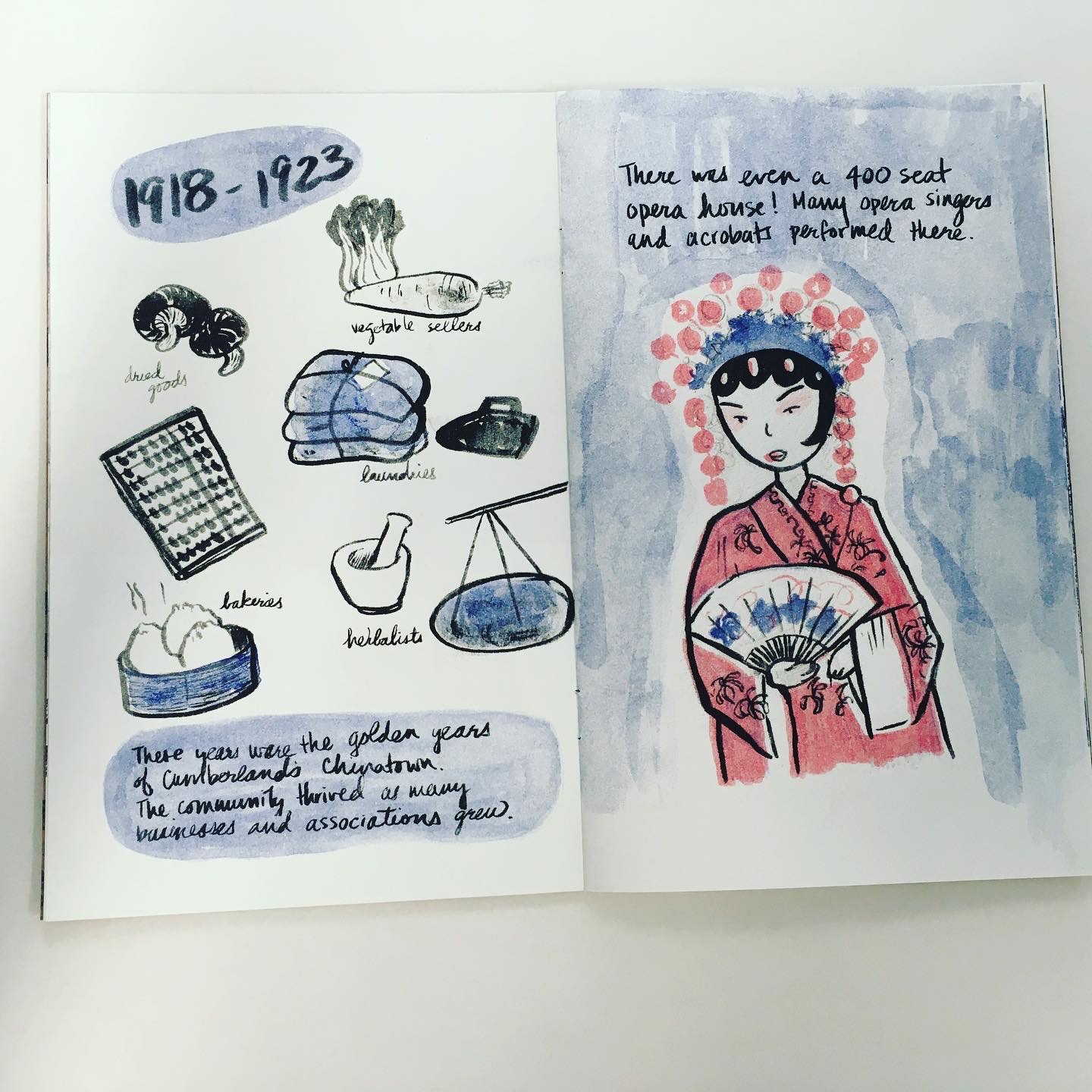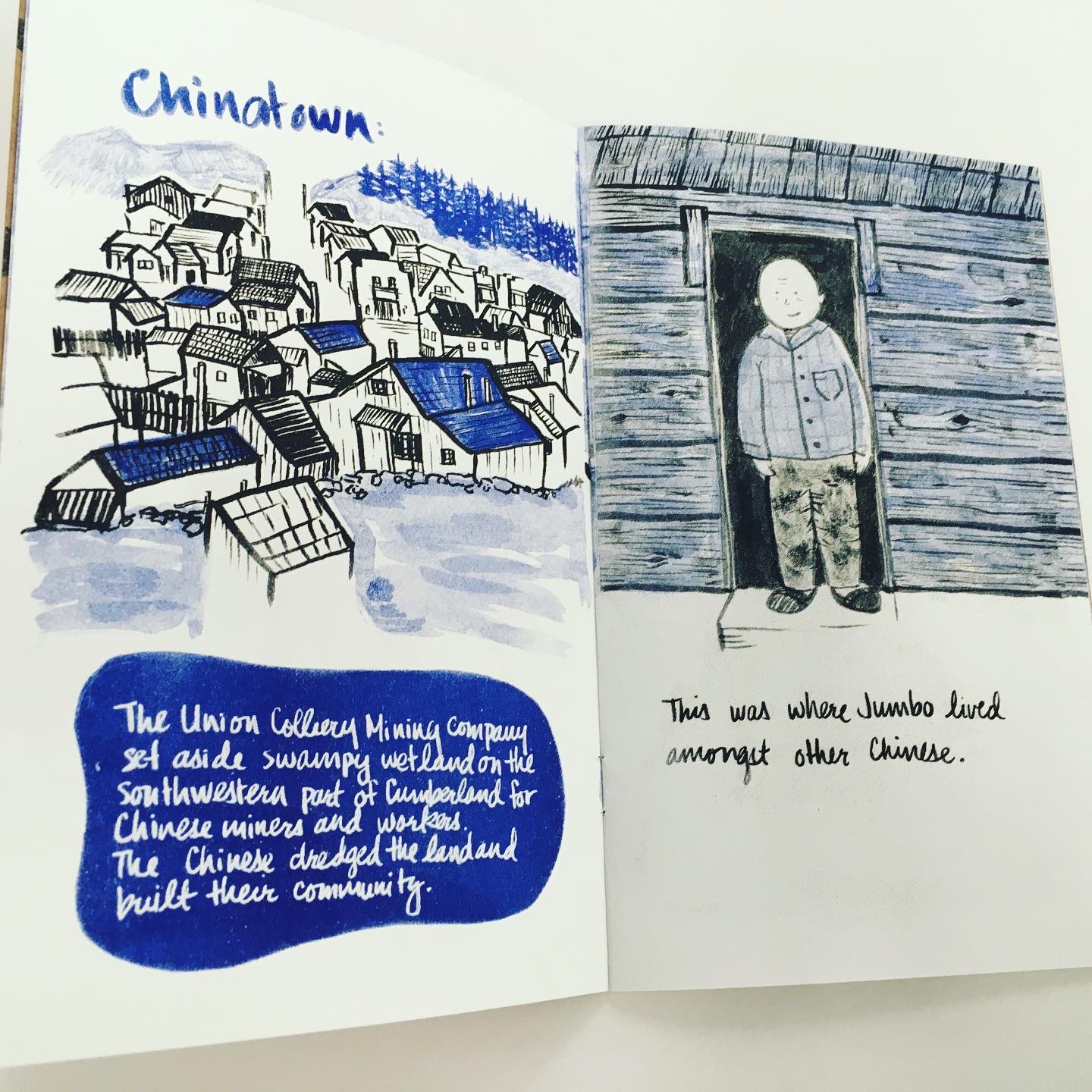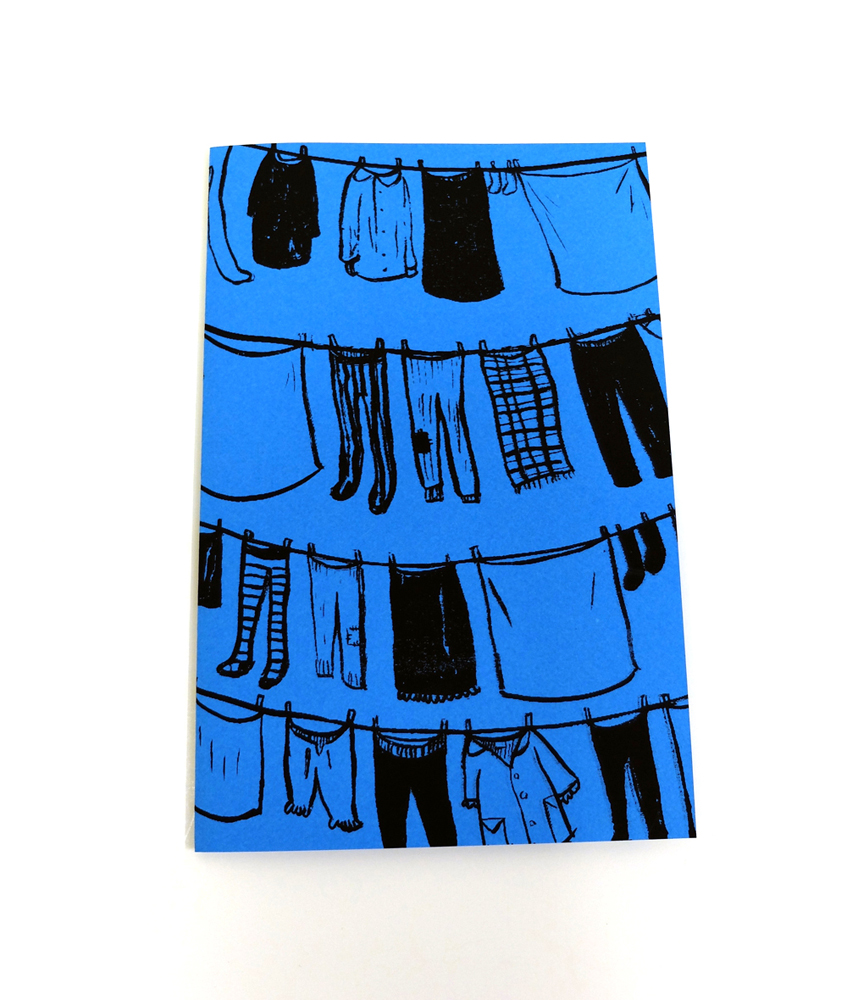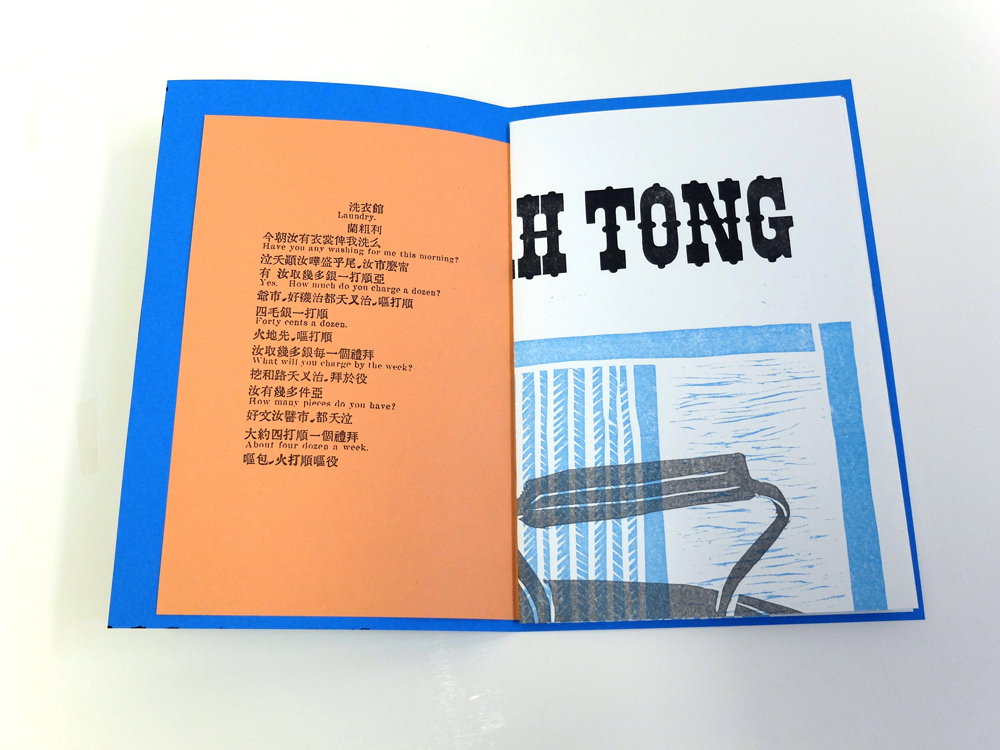Peace Together
relief and screen printed installation on washi papers, 2024
Photo credit: Michael Love
Blog
Latest News
Second Printing of Ho Sun Hing Printers!
Second Printing of Ho Sun Hing Printers!Ho Sun Hing Printers first began as a rubber stamp company founded in 1908 by Lam Lat Tong. Lam grew his business to become Canada’s first Chinese-English print shop; the shop provided Vancouver’s Chinatown community with fine...
Vancouver Art Book Fair
Vancouver Art Book Fair - 2020I will be an exhibitor at this year’s Vancouver Art Book Fair, Oct 17 + 18. It will be a virtual book fair, so please stay tuned for further details. I will be selling a few zines and some copies from my first printing of Ho Sun Hing...
Cheap! Diligent! Faithful!
Cheap! Diligent! Faithful!I currently have an exhibit, Cheap! Diligent! Faithful! at the grunt gallery. It is a strange time for exhibitions, but this is a reiteration of pieces that have shown previously at the Workers Arts & Heritage Centre. This exhibit is...
Shop
Zines
Vegetable Sellers Association
This zine describes the discrimination faced by Chinese vegetable pedlars in Vancouver in the early 1920s. Pedlars woke up early and knock door to door selling vegetables to various neighbourhoods. This was a means of making a living however many western grocery stores resented the pedlars as they sold vegetables at a much lower price. At one point, the City of Vancouver tried to enforce a tax on Chinese vegetable sellers. As a result, the Chinese Vegetable Sellers’ Association formed in 1922 to protect their working rights.
Vegetable Sellers Association, 2017, screen printed cover and photocopied vegetables on bond paper.
Dimensions: 5.5” X 4.25″, edition of 65.
SOLD OUT
Jumbo’s Cabin
In 1888 Cumberland, British Columbia was rich with the natural resources of coal. Chinese workers were brought in by the Dunsmuir family (Union Colliery Company) to build and then work in the mines and to build the Wellington Colliery Railway to transport the coal to the seaport of Union Bay as a result Chinese labourers were employed. The Chinese were assigned a swampy wetland just outside mine #2; they dredged it and built their businesses and homes: Chinatown. From 1888-1968 Cumberland’s Chinatown was a vibrant, thriving community. This book depicts the last citizen of Cumberland’s Chinatown, Hor Sue Mah aka Jumbo, and the last existing structure, his cabin.
Jumbo’s Cabin, 2018, risograph zine printed by Erica Wilk of Moniker Press
Dimensions: 8.0” X 5.0″, edition of 50. (only a few left!)
SOLD OUT
Sai Wah Tong
A common labour taken on by Chinese was hand laundry. Chinese were discouraged from entering other occupations and were subjected to legal restrictions and socio-economic discrimination. Hand laundry was a way of earning some income. The life of a laundry worker was very difficult and monotonous. Most of their time was spent washing, ironing, pressing, packaging and delivering clothes. However, this was a job that many Chinese took on as language was a barrier. One only needed water, space and a source of heat. In the early days of Vancouver, a hand laundry union, Sai Wah Tong, was formed to protect the rights of workers, but it mysteriously disbanded.
Sai Wah Tong, 2017, screen printed cover, photocopied insert and letterpresses printed pull out poster
Dimensions: 9.5” X 6.25”, letterpress poster: 11” X17″ edition of 45.
SOLD OUT
marlene.yuen@gmail.com

